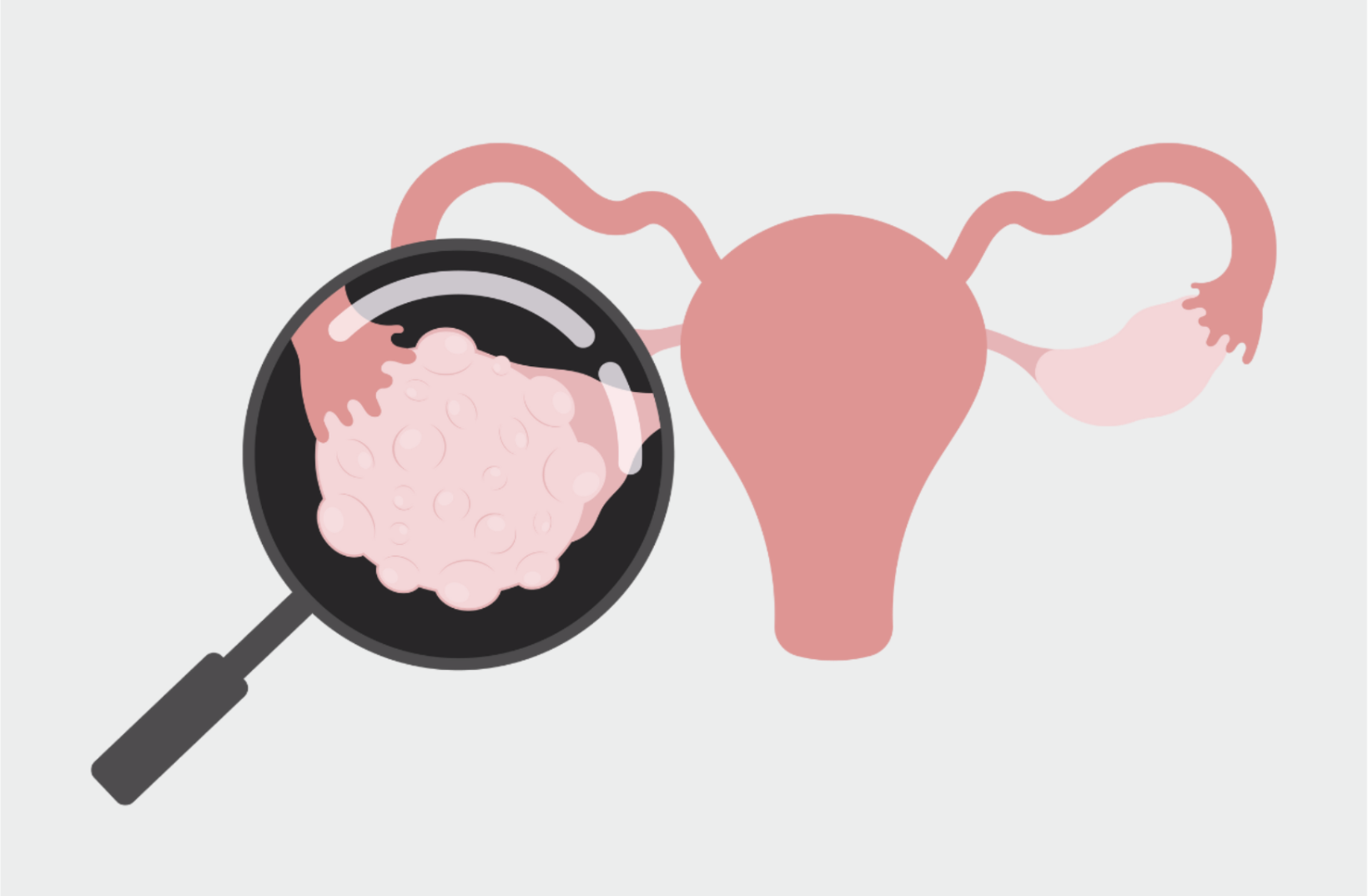

Freezing your eggs is a major life decision, and choosing the right clinic is the first important step. But not all fertility clinics are created equal. Some have more expertise in elective egg freezing (otherwise known as “social egg freezing”), while others primarily focus on IVF and only occasionally perform egg freezing cycles.
This guide will help you know what to look for, what to ask, what benchmarks to examine, and how to evaluate a clinic’s experience, lab quality, and transparency, so you can compare clinics. Ultimately, we hope to help you choose the best setting for your reproductive goals, and feel like you’re in great hands.
Check the clinic’s egg freezing volume
Volume matters. A clinic that freezes eggs frequently is more likely to have refined protocols, experienced staff, and consistently strong outcomes.
Ask the clinic:
- How many elective egg freezing cycles do you perform per year?
- How has that volume changed in recent years?
While there’s no universal “perfect” number, the average clinic does around 100 cycles per year. Clinics with very low egg freezing volumes may not have fully optimized their stimulation and vitrification protocols.
That said, clinic size is a personal choice. Some people prefer a smaller, more intimate practice with tailored attention, while others feel most comfortable in a larger program with multiple doctors and high throughput. Clinic culture is important, but the key is ensuring the clinic’s experience with egg freezing specifically, not just with IVF.
Lab and process specifics
The lab is the heart of the egg freezing process, and even the most experienced doctor cannot overcome a poorly equipped or understaffed lab. When evaluating egg freezing clinic lab standards, ask:
- Do they use vitrification?
Vitrification is the ultra-fast freezing method that has revolutionized egg freezing outcomes, improving post-thaw survival rates to around 90–95%, compared to about 75% with older slow-freeze methods. - Is freezing done in-house or outsourced?
In-house labs maintain greater control over handling, which reduces potential risk. - What’s their egg thaw survival rate?
Top-performing labs report survival rates in the 90%+ range, though rates between 70–90% can be common depending on patient age and egg quality. Always ask for the clinic’s own data. - How many embryologists are on staff?
Look for labs with experienced embryologists who routinely work with eggs, not just embryos. - Are they CAP or CLIA certified?
CAP (College of American Pathologists) and CLIA (Clinical Laboratory Improvement Amendments) certifications are strong indicators of high lab quality and adherence to rigorous standards.
Use SART data, but know its limits
The Society for Assisted Reproductive Technology (SART) provides valuable public data on IVF cycles, pregnancy rates, and clinic volumes. While SART does not report egg freezing results specifically, the data can still serve as a proxy for lab quality.
While reviewing the SART data, look for clinics with consistently high IVF success rates and robust lab volume. You can use this as a starting point, but always request the clinic’s own egg freezing success rates, including post-thaw survival, fertilization, and live birth outcomes for patients who returned to use their frozen eggs.
Consider who will manage your cycle
Beyond lab quality, the human element matters. Some clinics assign one doctor to oversee your stimulation protocol, monitoring, and egg retrieval, while others rotate providers or hand off parts of the process to nurse practitioners.
While schedules and clinic demand may not always allow one constant point of contact, continuity of care allows for better communication and timely adjustments if your body responds unexpectedly during stimulation. Ask upfront how the clinic structures patient care and who will be your main point of contact throughout the process.
Expect transparency
A trustworthy clinic will set realistic expectations from the start, including guidance on how many eggs you can expect to freeze there, based on your age. For example, research suggests that freezing 15 eggs at age 36 provides about a 78% chance of at least one live birth, while freezing 15 eggs at age 40 provides only about a 42% chance of live birth. Thus, freezing your eggs at a later age will require you to freeze more eggs in order to achieve a live birth.
The clinic should also plan to provide a clear post-cycle summary detailing how many mature eggs were frozen, where they are stored, and whether another cycle might be beneficial. Costs, both for the initial procedure and for ongoing storage, should be discussed openly, with no hidden fees.
Red flags
Speaking of hidden information, although most clinics are committed to patient care, some warning signs can signal trouble, and vague or evasive answers about survival rates, lab methods, or protocols should be taken seriously.
Be wary of unrealistic promises, such as guaranteeing 100% success with just a few eggs. The American Society for Reproductive Medicine (ASRM) estimates that even women under 38 have only about a 2–12% chance of a live birth per egg, so it’s important to manage your expectations and never consider egg freezing a true “insurance policy,” despite clinic marketing. Poor follow-up after consultations and high-pressure tactics without evidence-based reasoning are other red flags.
Summing it up
Choosing where to freeze your eggs involves more than finding the closest or cheapest option. It’s about balancing lab excellence, experienced staff, clear communication, and a culture that prioritizes your needs.
At Cofertility, not only can you freeze your eggs for free through our Split program when you donate half to another family who can’t conceive, you’ll also gain in-depth guidance through every step of the process, from egg freezing clinic comparison to understanding lab standards. We’ll hold your hand along the way, so that you can make informed, confident decisions about your future.
Curious to learn more and see if you qualify for the Cofertility Split program? Click here!










